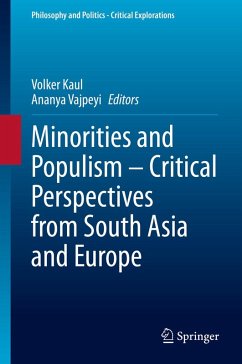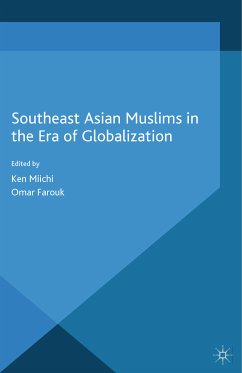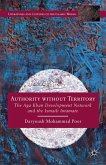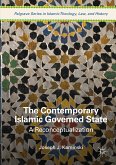There is a profound structural connection between minorities and the current rise of populism in India and Europe. But there remains a deep perplexityand also anxiety: Does the presence of minorities necessarily have to trigger majoritarian policies? Are there no solutions to this dilemma? Many observers considered multicultural policies and affirmative action programs in India as a possible model for Europe to adopt in order to achieve greater integration. But eventually they seem to have failed. Why so? Are multiculturalism and the recognition of differences still options today? On the other hand, most scholars in India typically reject the European model of liberal democracy and secularism as impracticable in India and locate the reason for the current malaise in the west. But is liberal democracy really so bad in dealing with pluralism?
This volume, collecting a selection of the Reset DOC Venice-Padua-Delhi dialogue series, is going to answer two fundamental questions. First, what precisely is the nexus between minorities and populism in South Asia and Europe? Starting from those case studies, the authors will also draw some general theoretical inferences about the nature of populism. Secondly, given the dangers of populism for minorities, the volume will look for the most adequate and feasible solutions.
Dieser Download kann aus rechtlichen Gründen nur mit Rechnungsadresse in A, B, BG, CY, CZ, D, DK, EW, E, FIN, F, GR, HR, H, IRL, I, LT, L, LR, M, NL, PL, P, R, S, SLO, SK ausgeliefert werden.









